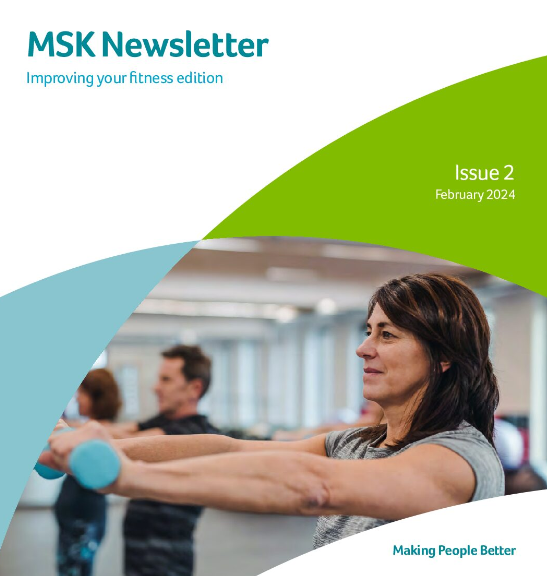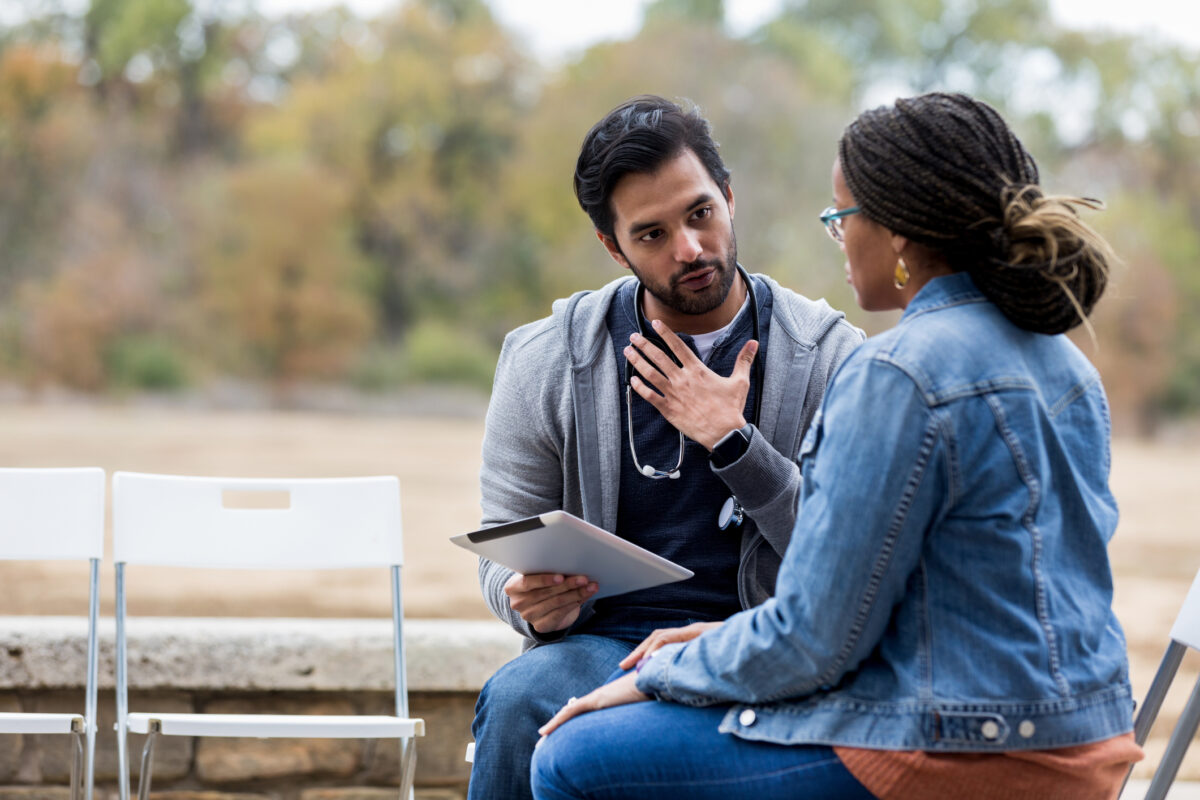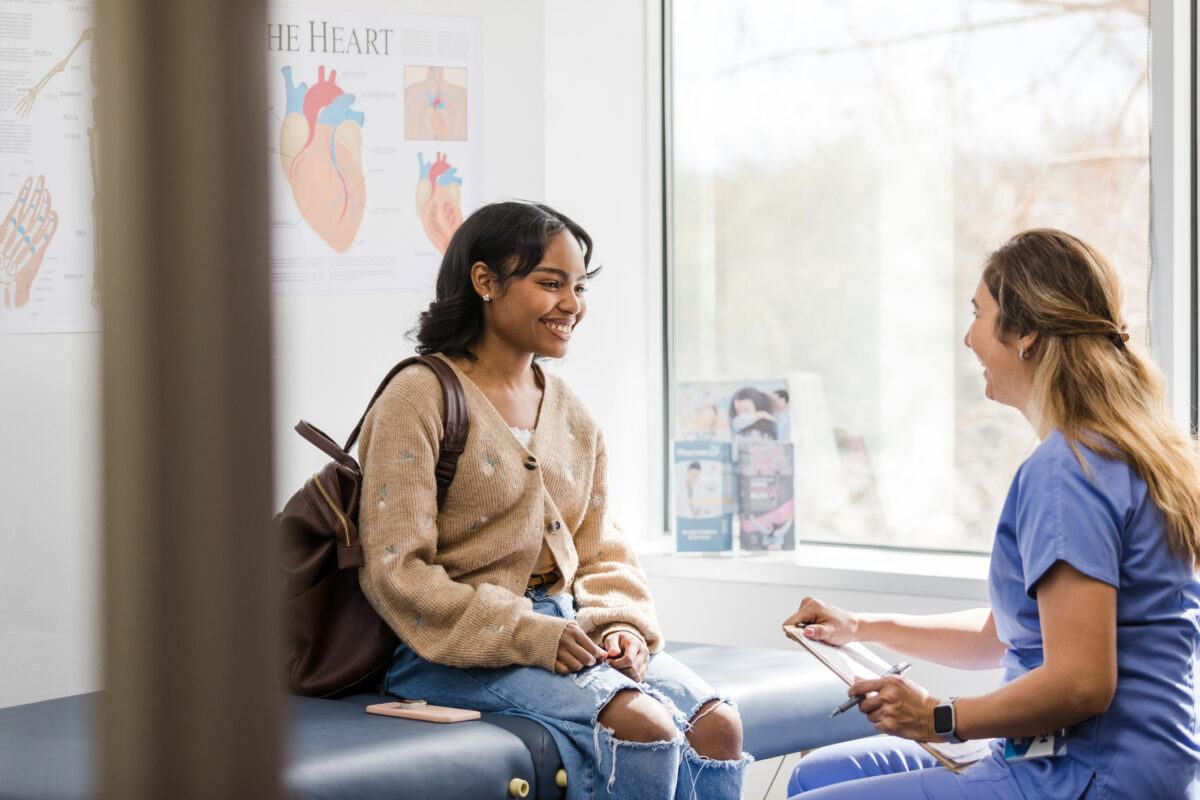What is Pride month?
Pride month is all about acceptance, equality, celebrating the work of LGBTQIA+ people, education in LGBTQIA+ history and raising awareness of issues affecting the LGBTQIA+ community. Pride stands for being proud of who you are, no matter who you love.
Why does Pride take place in June?
On June 28, 1969, police raised the Stonewall Inn – a gay bar in New York – sparking an uprising that changed gay rights for people in America and around the world. The first ‘Pride’, in June 1970, marked the first anniversary since the uprising at the Stonewall Inn.
Why is the movement called Pride?
The suggestion to call the movement ‘Pride’ came from L. Craig Schoonmaker who, in 2015 said…
“A lot of people were very repressed, they were conflicted internally, and didn’t know how to come out and be proud. That’s how the movement was most useful, because they thought, ‘Maybe I should be proud.”
Did you know…
More than a third of LGBT staff (35%) have hidden that they are LGBT at work for fear of discrimination.
Two-thirds (64%) of LGBTQ+ people had experienced anti-LGBT+ violence or abuse.
One in eight LGBT people (13%) have experienced some form of unequal treatment from healthcare staff because they’re LGBT.
*Stonewall
How to be an ally to the LGBTQIA+ community
1/ Stay informed
Get yourself familiar with LGBTQIA+ terminology, watch movies, documentaries, read articles and coming-out stories of individuals to understand their journeys better. This will help you to better support the LGBTQIA+ community.
2/ Be accepting
Acceptance is the foundation to good allyship. As an ally, your behaviours need to demonstrate that you accept and validate the gender of LGBTQIA+ individuals and/or sexual identities.
3/ Be a safe person
If someone has come out to you or confided in you, it is important you do not share this information. Not everyone can be out everywhere, which may be for a variety of different reasons. Outing them to other people could put them at risk. It is for them to share this information with others when they are ready. Respond with empathy and positive regard, and help them to access support and resources where appropriate.
4/ Take action
Good allies take action to improve the world around them. Educate yourself about the issues impacting LGBTQIA+ communities and individuals, whether in your workplace or in the broader community. If you witness discrimination or bullying, call it in – this is an important process for self-improvement.
5/ Check your language
Making gender assumptions based on someone’s external appearance, and using incorrect pronouns, could remind someone of their past struggles. It’s important to clarify a person’s pronouns and to use the ones they are comfortable with. Avoid using gendered language and asking gendered questions as this is assumptive and can create anxiety. Instead of asking “do you have a girlfriend?” ask “do you have a partner?”.
6/ Adopt a growth mindset
Genuine mistakes can happen; we are all human and no one is perfect. If you make a mistake, apologise, and correct yourself. Be self-reflective and put in place measures to prevent re-occurrence. Most people will appreciate this.








